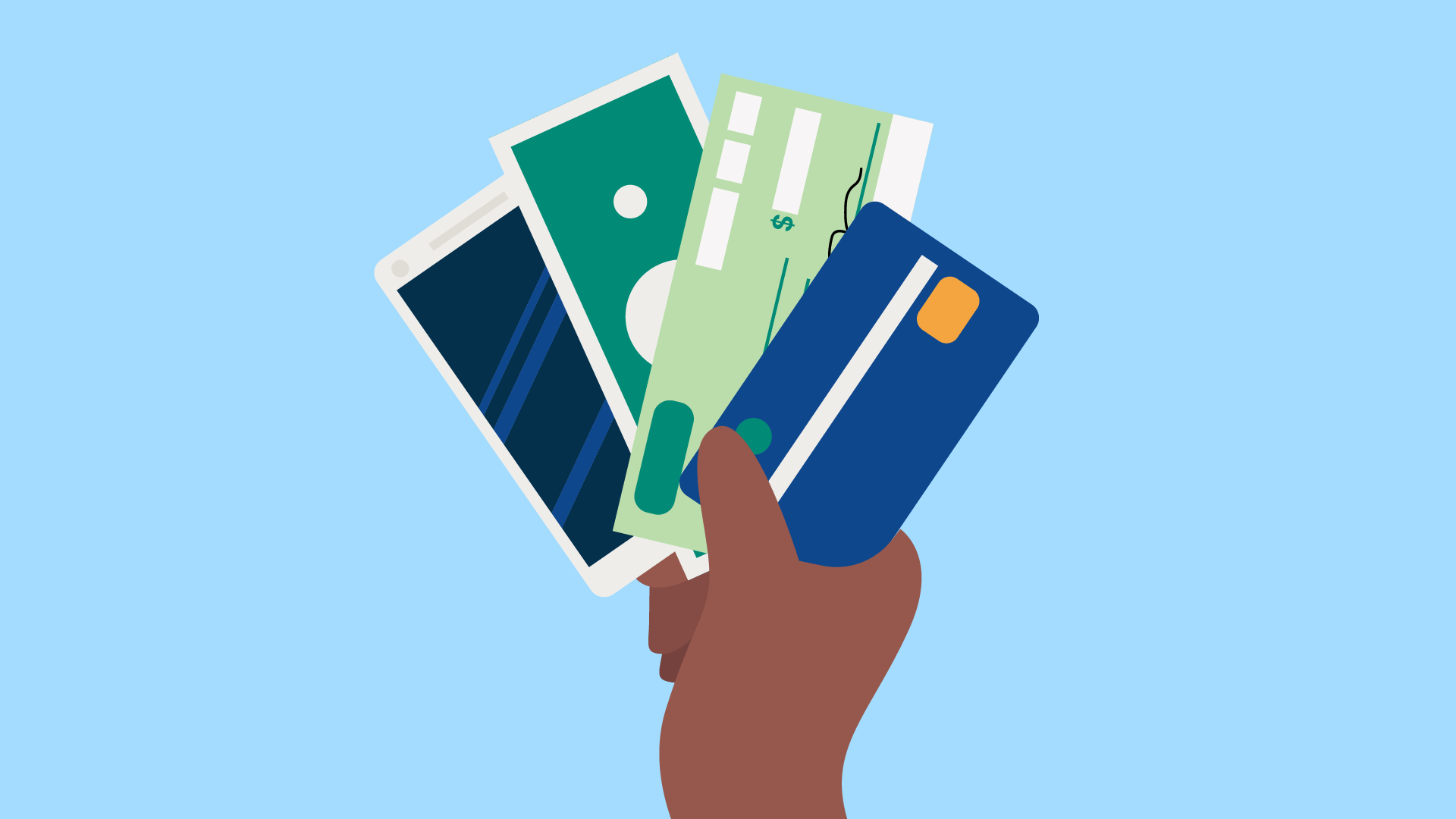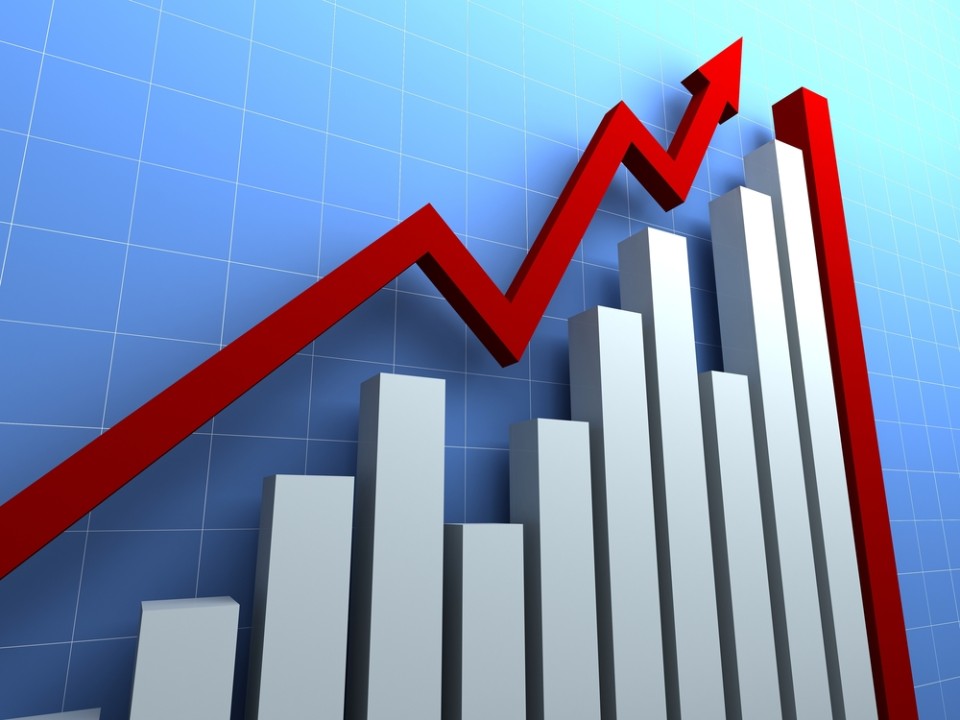bKash Bangladesh has revolutionised the way the banking industry worked in the last ten years and helped the country move towards a cashless and more inclusive economy. bKash is one of the biggest and most popular mobile money services in the world. In Bangladesh, it has come to stand for digital payments. It helps millions of individuals easily, safely manage their money.
The Past and Future of bKash's Growth
bKash aims to make financial services accessible to everyone in Bangladesh. It was launched in 2011, following a 2010 collaboration between BRAC Bank Limited and Money in Motion LLC. The original purpose was modest yet groundbreaking: to make mobile banking available to those in Bangladesh who don't have bank accounts.
bKash has evolved far beyond simple money transfers. People may now do a lot of different financial things on their phones, like mailing money, paying bills, depositing and withdrawing cash, making payments to merchants, paying back loans, earning interest on savings, and getting money back. By 2014, bKash was a full digital wallet for both businesses and consumers because it could accept mobile payments from stores. Visa's technology makes it easy and safe for a lot of users to utilise its e-wallet system to make transactions.
By using this forward-looking approach, bKash Bangladesh has become a leader in financial innovation and has set the groundwork for a thriving fintech sector in Bangladesh.
Also Read: Payment delays in Hospitality: Hidden costs & how to fix them
Financial Inclusion and Socio-Economic Impact
The most essential thing bKash has done to aid financial inclusion is to make banking services accessible to people who were previously outside the formal financial system.
bKash's services have helped a lot of small company owners, women entrepreneurs, and people who live in rural areas. These users can now manage their money more easily and effectively thanks to bKash. They can pay bills, buy things at local stores, and send money to family and friends. It has:
- Decreased reliance on unofficial finance channels and middlemen.
- Made it easier for small and medium-sized firms (SMEs) to run their businesses.
- Made it easy for people in other nations to send money directly to mobile wallets.
- bKash encouraged low-income individuals to save and manage their finances more effectively.
- Made job postings possible through networks of agents.
The bKash e-wallet is a major aspect of Bangladesh's digital revolution since it makes financial services a part of everyday life, improves people's lives, and fosters equitable economic growth.
Challenges and Opportunities Ahead
bKash has encountered some issues along the way, but it has done well overall. When the company first tried to handle more transactions, it faced technological challenges. The issues we have right now are:
- As more people utilise technology, the vulnerabilities to cybersecurity are getting worse.
- Access to digital payment services isn’t uniform across Bangladesh, with some regions adopting faster than others.
- Complicated service costs change how people think about how affordable things are.
- Through projects like the National Payment Switch, the Bangladesh Bank is making digital payments easier by bringing them all together.
But these difficulties also open up new possibilities. Bangladesh's digital payment system might be even better if more money were spent on security, fees were made clearer, and rules were put in place to make sure that different systems can work together.
Also Read: Top 10 Stablecoin Use Cases for Businesses and Startups
Fintech Growth and Digital Transformation
Bangladesh's fintech business is growing very swiftly, as shown by bKash's success. This area is gradually becoming the most crucial portion of the country's digital revolution. As mobile banking becomes more popular, services like bKash are doing a lot to make Bangladesh's economy more open to everyone.
Digital wallets are no longer just convenient tools; they’ve become lifelines connecting millions of Bangladeshis to a modern, cashless economy, where businesses, governments, and everyday people now transact with ease and confidence.
This move gives global payment solution providers new methods to work together and come up with new ideas that can make digital payments easier for everyone, no matter where they are in the world.
Seamless Global Integration: Partnering Beyond Borders
Being able to cooperate with global payment networks is becoming more and more crucial as Bangladesh improves its digital financial infrastructure. In this instance, TransFi and other companies that make it easy to send money across borders are quite significant.
TransFi is a business that assists financial service providers, such as fintechs and digital wallets, in making transactions easier, cheaper, and more available.
If you want to know how your business can offer foreign payment choices and help everyone increase their finances, like bKash does, talk to a TransFi expert.
Conclusion
bKash Bangladesh has a long history of welcoming new people and new ideas. bKash is an excellent illustration of how technology can revolutionise the way people do business. For instance, it allows people in cities to use digital wallets and links those in rural areas to the financial system.
As mobile money expands in Bangladesh, platforms like bKash and multinationals such as TransFi are poised to drive the next stage of South Asia’s digital economy.
FAQs:
1. What is bKash, and how does it work in Bangladesh?
People with cell phones can use bKash, a mobile financial service (MFS), to deposit, transmit, and withdraw money. Users can cash in through agents or bank linkages. Then they can spend the balance of the money to buy products, pay bills, or send money.
2. What can you accomplish with the bKash mobile payment system?
You may cash in and out, send and receive money, pay bills and merchants, get paid, pay back debts, and save money with bKash's safe e-wallet platform.
3. How has bKash helped Bangladesh's economy involve more people?
By digitising financial services, bKash has made official financial tools available to millions of people who didn't have them before, especially in rural areas. This has helped people feel more financially included and powerful.
4. What are the biggest difficulties that bKash has to fix?
Some of the challenges with digital payments in Bangladesh are worries about cybersecurity, hefty service costs, not everyone being able to use them in rural regions, and laws that change as they develop.
5. How does bKash help Bangladesh go digital?
By switching from cash to mobile payments, bKash is helping to develop a cashless economy and making it easier for everyone to get financial services.
Table of Contents
Suggested Article
Explore our products

Make global payments at the speed of a click

Accept payments, remove borders.

Unlock Seamless Digital Currency Transactions Anywhere
























